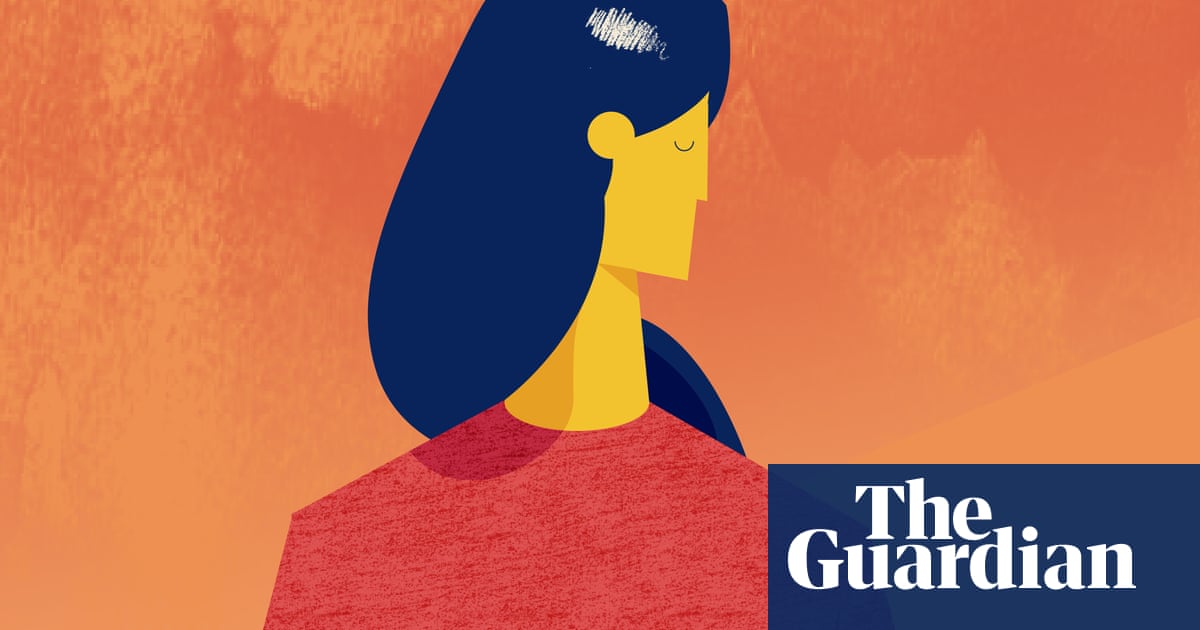I have been dating my boyfriend (we are both in our20s) for almost a year. I’m absolutely smitten. He makes me feela better person, and I believe we are really good together.
Sadly, he doesn’t have a very good relationship with his family. I haven’t really seen this play out because I’ve notseen them together that often, but he’s told me about his childhood and that he discusses his family in his regular therapy sessions.
I, on the other hand,have a really positive relationship with my family. I am aware of how much of a privilege this is, but I am worriedI can’t really understand how his childhood affects who he is and how he acts, and that I can’tsupport or know him properly.
Hehas mentioned how unusual he finds a familythat spends time with each other and interacts positively, which breaks my heart.
I would love to invite my boyfriend to spend more time with my family, but don’t want to pull him away from his own or seem like I’m “showing off” mine.We did a special trip to introduce him to my parents, and on some level, I feel like not doing a similar thing with his parents or siblings means he doesn’t feel as strongly towards me as I do towards him (I’ve only ever seen his parents in passing), which makes me sad. I know this isn’t the case, but it’s hard for me to separate emotion and logic here.
It makes me feel unsure about our future. I don’t know what sort of parent he would make. I don’t know what sort of parent I’d make either, or whether we would even choose to have kids. I know a lot of the time people who have abusive parents make great parents because they know how it felt to have otherwise.
Can you help me get some clarity on how I should think about this?
Well, first: wow for being such an amazing and thoughtful partner. I went to UKCP-accredited psychotherapist Katherine Walker, who is the author ofStep Up,a book about blended families. “I would not underestimate the importance of what your relationship means to your partner,” Walker assured. “Having a safe and loving relationship with someone who encourages you to be your best self is the holy grail of what most spend their time searching for, and it sounds like you’ve [both] already found that!”
Walker emphasised that it’s OK to have different experiences of our families: “You won’t be spending most of your time with them, so as long as your relationship itself is strong, everything else is a really lovely bonus. Diversity is vital. If we were all the same we’d never appreciate our privileges [as you do]; neither would we have the opportunity to observe a healthier dynamic and learn to question things when we are/were treated badly.”
You are right that how we are parented (and I would say how our siblings treated us too) affects us. But we can either choose to emulate that or challenge it and change it (or, what most people do: a bit of both). It sounds as if your boyfriend is already doing that by talking about his family when he wants to and going to therapy, so he’s changing the script. Walker explained that sometimes people are quite blind to how they were brought up and never think about it or discuss it. “When things are kept in the shadows,” she said, “and not worked with, we don’t have the opportunity to grow or learn.”
Your relationship is only a year old. It’s young but sounds extremely promising. If and when you get to talking about children, a good idea might be therapy for both of you, to discuss what your expectations are (if only more people did this!).
Sign up toInside Saturday
The only way to get a look behind the scenes of the Saturday magazine. Sign up to get the inside story from our top writers as well as all the must-read articles and columns, delivered to your inbox every weekend.
after newsletter promotion
You said in your longer letter that you didn’t want to make him feel uncomfortable by asking questions, but both Walker and I think that, while you shouldn’t bombard him, it’s an idea to let him know that he can talk with you if he wants to. “If you can learn to develop a healthy and open communication style now, when your relationship is in its relatively early stages, it will pay dividends as your relationship matures,” she said. “It can also give him the opportunity to say how he feels about spending more time with your family. At the moment you’re projecting how you think he might feel.”
Overall, there’s lots of promise in your relationship – for discussion, connection and a happier future. Try not to worry too much; there’s far more to celebrate.
Every week, Annalisa Barbieri addresses a personal problem sent in by a reader. If you would like advice from Annalisa, please send your problem toask.annalisa@theguardian.com. Annalisa regrets she cannot enter into personal correspondence. Submissions are subject toour terms and conditions.
The latest series of Annalisa’s podcast is availablehere.
